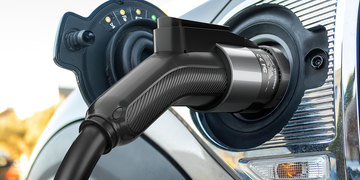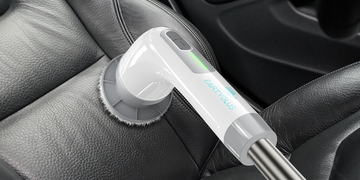Do charging stations cost money? Cost to charge an electric car at a public charging station, Level 2 chargers generally cost between $0.20 and $0.25 per kWh, while Level 3 chargers, which are more common in public, range from $0.40 to $0.60 per kWh.
As electric vehicles (EVs) gain traction, many prospective owners are curious about the cost implications of using charging stations. In this article, we'll delve into the question: Do charging stations cost money? Let's explore the different aspects of charging station expenses to help you better understand what to expect.
Public Charging Stations:
Paid vs. Free Charging: While some public charging stations are free to use, many involve a cost. The pricing structure varies, and it may be based on factors such as charging speed, time of use, or a flat fee.
Subscription Services: Some charging networks offer subscription-based services, allowing users to access charging stations at a discounted rate or even for free within a specific network.
Home Charging:
Charging at Home: Charging an electric vehicle at home is a convenient option, and for many, it's the primary method. Residential charging typically incurs costs related to electricity consumption.
Electricity Rates: The cost of charging at home depends on your local electricity rates and the efficiency of your charging equipment. It's advisable to check with your utility provider to understand the pricing structure.
Government Incentives:
Financial Incentives: Some regions offer financial incentives to promote EV adoption. These incentives may include tax credits, rebates, or grants to offset the costs of purchasing and installing home charging stations.
Free Charging Programs: In certain areas, governments or private entities may run programs offering free charging to incentivize EV use.

How do public EV charging stations establish their rates?
To understand how much it costs to charge an electric car at a public charging station, we must first establish how the cost is calculated. There are regulations in individual states that define how charging stations can structure their rates for electricity. The cost to use a station varies by location, and especially by state, but there are two ways that a public charging station can charge for electricity.
The first way they charge is the same way energy is priced at a home charging station, which is in kilowatts per hour, or kWh. This is the standard metric utility companies use to measure electricity use, and they bill in cents per kWh.
The normal output power (kW) for a 32 amp Level 2 home charger is between 7 and 19 kW and it’s typically much higher at public Level 3 stations. Many EV drivers like a faster charge at home, so they opt for our best-selling home charger, the JuiceBox 40, which has 40 amps and can give you 32 to 35 miles of range per hour. On average, electric vehicles have a capacity of 68 kW, meaning a full charge on a Level 2 charging system would take between 4 and 10 hours.
Alternatively, some public charging stations charge for electricity by the minute. In that case, charging systems will have a standardized amount of electricity flowing into the car per minute. Again, this electric flow is regulated by state legislation, and the companies providing the electricity can then charge as they see fit. Usually, charging stations round up to the nearest 30 seconds.
Level 1 vs. Level 2 home charging station costs
A Level 1 charger will usually come free with your EV purchase, so it can serve as a helpful starter system. Level 1 chargers use standard 120-volt connections, so they can be plugged directly into your home's standard wall socket and begin charging almost immediately. These chargers are also more portable than Level 2 chargers. However, Level 1 chargers don’t connect to Wi-Fi, so you can’t optimize charging schedules or times to save money.
Level 2 home charging stations use a 240-volt connection to power your electric vehicle quickly and efficiently. Unlike Level 1 chargers, Level 2 EV chargers cannot be plugged directly into a standard outlet because they must be hardwired or plugged into a larger outlet. This means there are equipment and EV installation costs associated with using a Level 2 charger. Again, it’s worth noting that these costs are often offset by the tax credits you can get from the IRS when buying a new electric vehicle.
The overall average cost for a high-quality Level 2 charging system ranges between $600 and $2,000 depending on your house’s electrical system. This includes parts, labor, and installation. While this cost may seem a bit daunting, it’s a one-time expense that will save you money and pay off in the long run.
Do charging stations cost money? In summary, while some charging stations may be free, many involve costs, especially those in public spaces. Home charging, though incurring electricity costs, can be more economical for daily use. Exploring government incentives, understanding pricing structures, and utilizing available tools can empower electric vehicle owners to make informed decisions about when and where to charge their vehicles.





